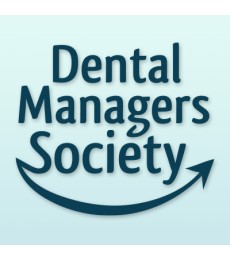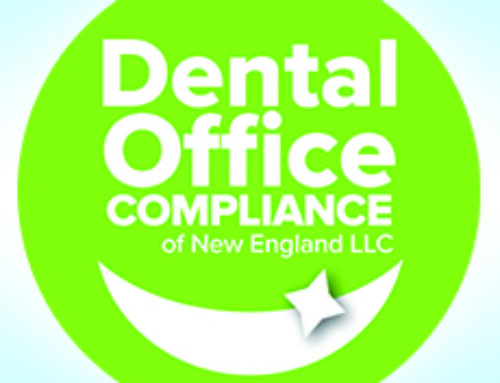Tis the season!! It is the time of year when people start to think about what is next for their career; are they living their best life, are the relationships genuine, simply put, do they LOVE their job and what they do? So, it begs the question, what can we do as HR professionals and leaders to proactively retain and engage our people? Let’s take a pulse on some info we are hearing….
Did you know over 70% of US turnover is preventable?
Since March 2020, companies across the globe have been analyzing the effects of remote or hybrid work models. Focusing on where an employee works may be diluting other factors: nine out of ten individuals want flexibility over when they work. In “The Great Executive – Employee Disconnect,” Slack reported that employees feel 2.4x better about their work-related stress when having flexibility. But when provided with schedule flexibility, that number increases to 6.6x. What does a flexible working arrangement mean for your team? As we approach 2023, it’s clear that remote work does not always mean flexibility.
The New York Times published a shocking podcast in August 2022, revealing that eight of the ten largest private US employers track the productivity metrics of individual workers in real-time. Salaried workers are starting to echo complaints that employees in many lower-paid positions have voiced for years: their jobs do not allow for autonomy or any control of their own. Tracking impressions is not fool-proof; check out a “mouse jiggler,” for example. Companies were reported taking screenshots of their staff every ten minutes during billable hours. Others have started deducting pay for idle time or lack of digital impressions – even in client-facing fields. Beyond compliance concerns, this type of behavior is not sustainable. Focus on trust-building touchpoints and strategic supervision.
Maybe you’ve heard the term “quiet quitting” from LinkedIn. In response, the Harvard Business Review (HBR) published “Quiet Quitting Is About Bad Bosses, Not Bad Employees.” HBR’s team concluded that trust, after analyzing data from 100,000+ leaders, trust was the most important factor. Leaders should strive to adopt the following behaviors to empower their teams and build trust:
- Maintain positive relationships with all of your direct reports. Are you engaged with your team’s individualities? Common interests bind you together, while differences are stimulating. Look for and discover common ground with these team members to build mutual trust.
- Beyond transparency, leaders need to deliver on what they promise. Most leaders believe they are more consistent than others perceive them. Following through on your commitments, regardless of how small, builds confidence amongst your team.
- The third element that builds trust is expertise. Do you know your job well? Do others trust your opinions and your advice? Clear insight builds confidence in your expertise.
For example, if someone is meeting their deliverables and has the capacity, assign them a high-priority responsibility, empowering them to grow within the organization. If a different team member is struggling, reflect on their strengths and weaknesses – and come up with a plan to scale up their skillset. When taking action, try to avoid comparing employees – it’s proven that diverse teams are the most successful. Forbes concludes, “As a manager, building trust is all about your ability to look through the crisis, challenge, or situation and see the person standing before you.”
Think of your people’s strategy like lightbulbs. Do you replace the incandescent bulb or invest in LED? The savings will not be reflected on your next invoice, but within a year, you will save 75% more energy, and that bulb will last 25 times longer. Being proactive now will save your company valuable resources: be bold when finalizing your 2023 budget. Invest in flexibility. Invest in trust. Invest in your people.
**This article is brought to you by SteinbergHR; created and edited by Maddie Thomas and Meghan Steinberg, referencing various articles, data points, and perspectives. Please read in more depth the resources.**
Maddie Thomas is a Senior HR Generalist. Her quest and specialty is strengthening people’s strategies to support optimal business practices within global operations.
Sources:
- https://www.nytimes.com/interactive/2022/08/14/business/worker-productivity-tracking.html
- https://hbr.org/2022/08/quiet-quitting-is-about-bad-bosses-not-bad-employees
- https://www.forbes.com/sites/theyec/2022/05/18/nine-smart-and-effective-ways-to-build-trust-with-your-employees/?sh=541cb2a85bc8
- https://www.bls.gov/news.release/tenure.t03.htm
Contact Information

Meghan Steinberg, PHR, SHRM-CP
President, SteinbergHR, LLC
617-680-0358
www.SteinbergHR.com





